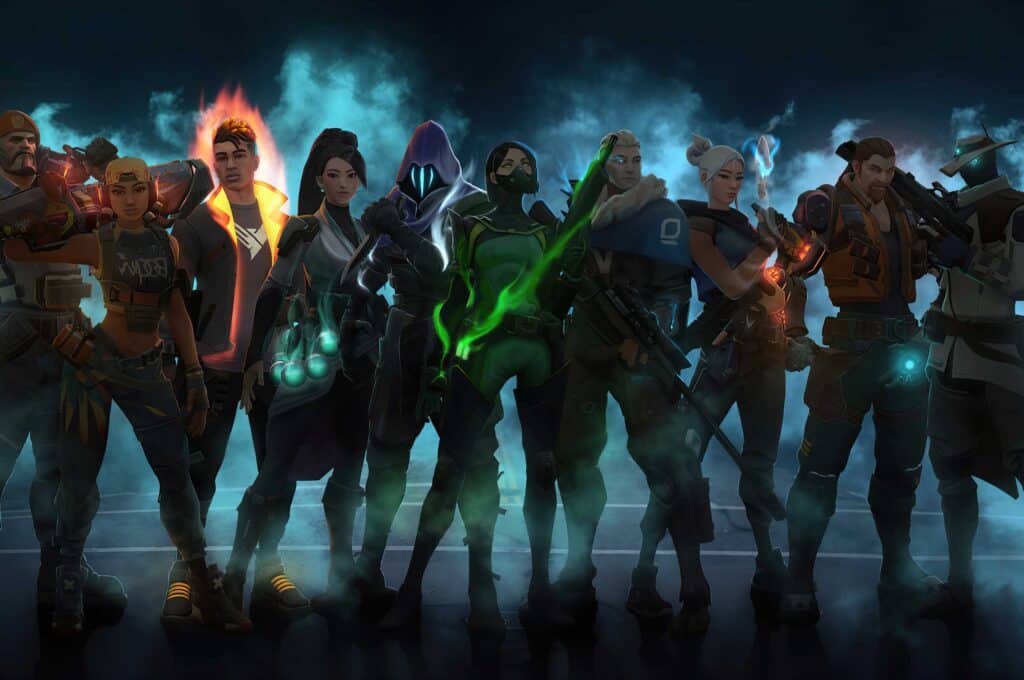
Introduction
Released by Riot Games in 2020, Valorant quickly established itself as a cornerstone of the tactical shooter genre. Combining precise gunplay, unique agent abilities, and a competitive ecosystem, Valorant has garnered a massive player base and a thriving esports scene. This article delves into the various aspects that make Valorant a standout game, from its gameplay mechanics to its cultural impact, and explores its potential future developments.
Development and Release
Riot Games, renowned for its success with League of Legends, announced Valorant in October 2019 under the codename “Project A.” The game officially launched on June 2, 2020, after a closed beta period that generated significant hype and anticipation. Valorant’s release was met with widespread acclaim, lauded for its smooth mechanics, strategic depth, and the balance between its tactical shooting and unique agent abilities.
Gameplay Mechanics
Valorant is a 5v5 tactical shooter where players choose from a roster of agents, each with distinct abilities that complement the core gameplay of precise shooting. The game features a primary mode where teams alternate between attacking and defending bomb sites. The attacking team aims to plant and detonate a spike, while the defending team works to prevent this or defuse the spike.
Gunplay and Strategy
At its core, Valorant emphasizes precise gunplay, with a variety of weapons that players can purchase at the start of each round using in-game currency earned through performance. The game requires players to master aiming, movement, and recoil control, rewarding skill and accuracy. Strategic elements come into play with the need to manage economy, devise tactics for each round, and coordinate with teammates.
Agent Abilities
What sets Valorant apart from other tactical shooters is its roster of agents, each equipped with unique abilities that can significantly impact gameplay. These abilities range from offensive tools like explosives and vision-blocking smokes to defensive options like healing and reconnaissance. The diverse abilities add layers of strategy and team composition considerations, making each match dynamic and unpredictable.
Competitive Scene
Valorant’s competitive scene has flourished since its release, with Riot Games investing heavily in building a robust esports ecosystem. The Valorant Champions Tour (VCT) is the pinnacle of this effort, featuring a global circuit of events that culminate in the Valorant Champions, the game’s world championship. The VCT has attracted top-tier talent and organizations from across the esports world, contributing to the game’s rapid rise in the competitive gaming landscape.
Community and Cultural Impact
Valorant has cultivated a vibrant community of players, content creators, and fans. The game’s design encourages teamwork and communication, fostering a cooperative environment that resonates with a wide audience. Streaming platforms like Twitch and YouTube have seen a surge in Valorant-related content, from professional match broadcasts to casual gameplay streams and educational videos.
Riot Games has also engaged with the community through regular updates, balance changes, and the introduction of new agents and maps. These updates keep the game fresh and exciting, addressing player feedback and maintaining a high level of engagement.
Economic Model
Valorant is free-to-play, with revenue generated through the sale of in-game cosmetics, such as weapon skins and battle passes. This model allows players to access the core game without financial barriers while offering customization options for those who wish to personalize their experience. The success of this model is evident in the game’s financial performance and the popularity of its cosmetic offerings.
Graphics and Art Style
Valorant’s visual design is another standout feature. The game employs a stylized, colorful art style that balances clarity and aesthetics. This design choice ensures that the game is visually appealing while maintaining readability during intense gameplay. The graphics are optimized to run smoothly on a wide range of hardware, making the game accessible to a broad audience.
Future Prospects
Looking ahead, Valorant’s future appears bright. Riot Games has ambitious plans for expanding the game, including the introduction of new agents, maps, and game modes. The company is also exploring ways to enhance the esports scene, potentially introducing more international tournaments and opportunities for amateur players to break into the professional scene.
In addition to content updates, Riot Games is committed to maintaining the game’s competitive integrity. This involves continuous efforts to combat cheating, improve matchmaking, and refine the balance of agents and weapons. The developers actively engage with the community to ensure that Valorant evolves in a direction that meets player expectations and keeps the game competitive and fair.
Conclusion
Valorant has made a significant impact on the tactical shooter genre, offering a unique blend of precise gunplay, strategic depth, and diverse agent abilities. Its thriving esports scene, vibrant community, and regular updates from Riot Games ensure that it remains at the forefront of competitive gaming. As Valorant continues to evolve and expand, it promises to maintain its position as a beloved and influential title in the gaming world.
Valorant’s success is a testament to Riot Games’ ability to innovate and engage with their player base. Whether you are a seasoned FPS veteran or a newcomer to the genre, Valorant offers a rich and rewarding experience that is both challenging and exhilarating. As the game continues to grow, it will undoubtedly leave an indelible mark on the landscape of competitive shooters.
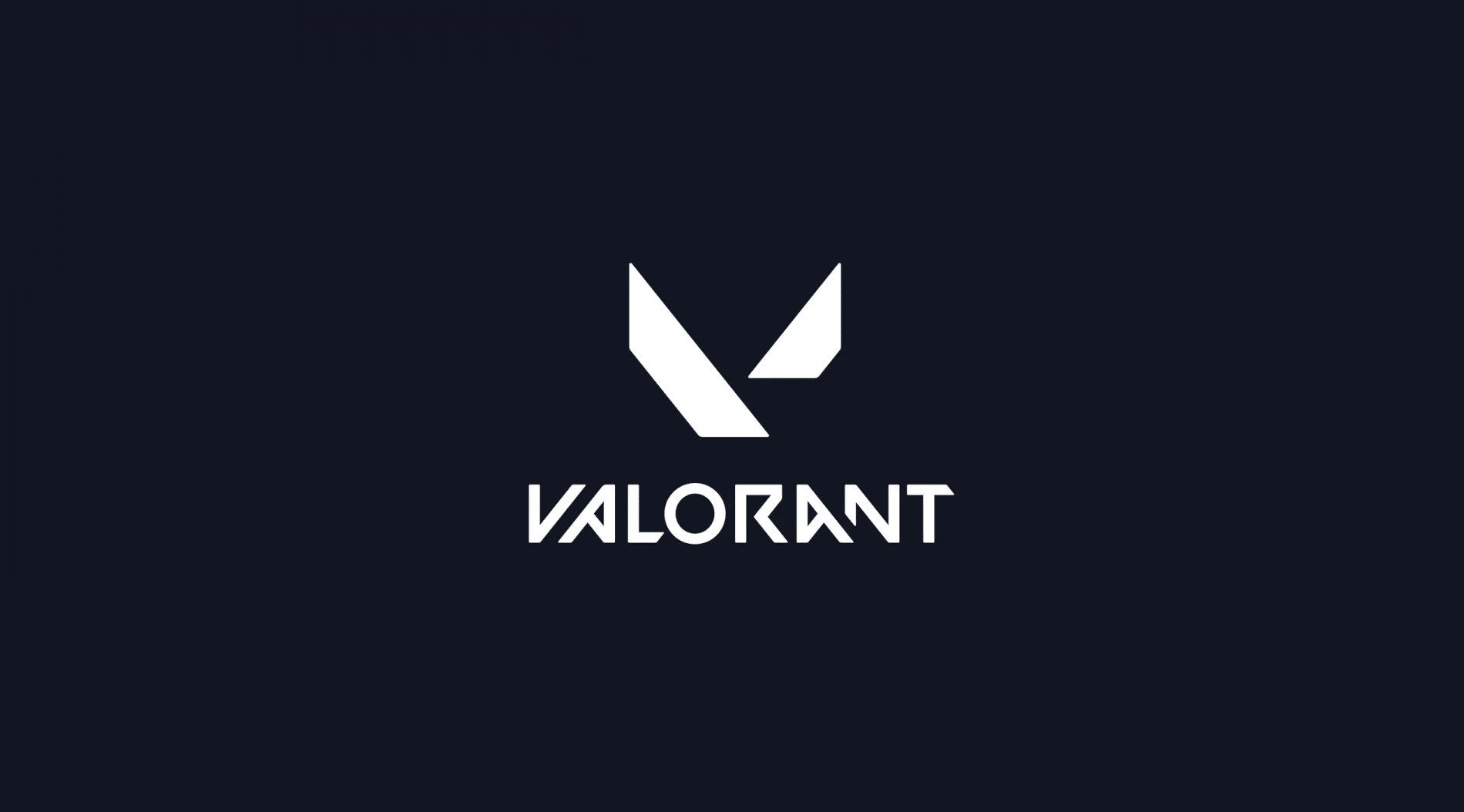
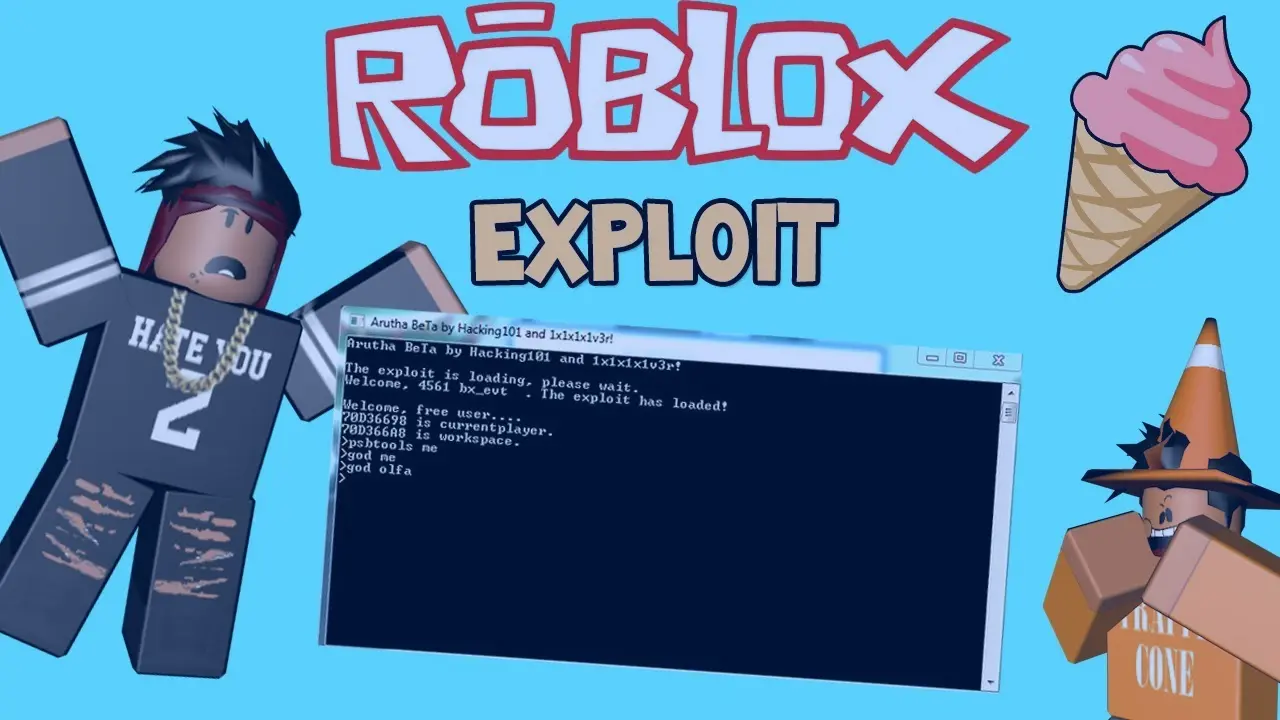
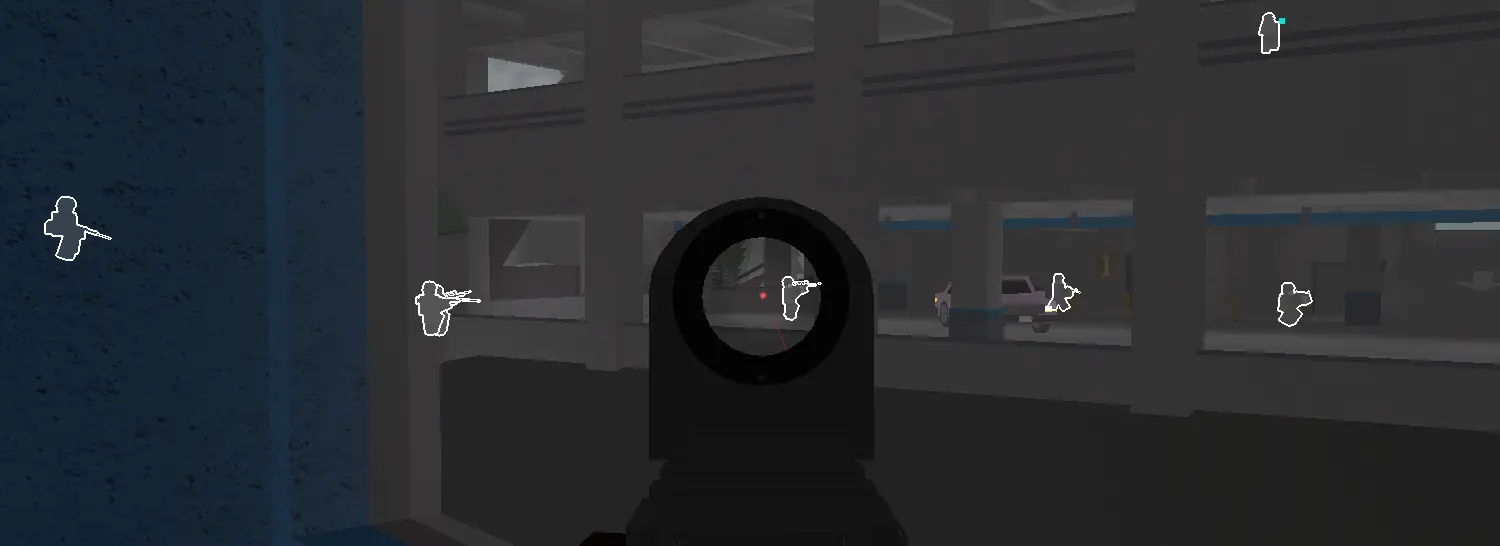
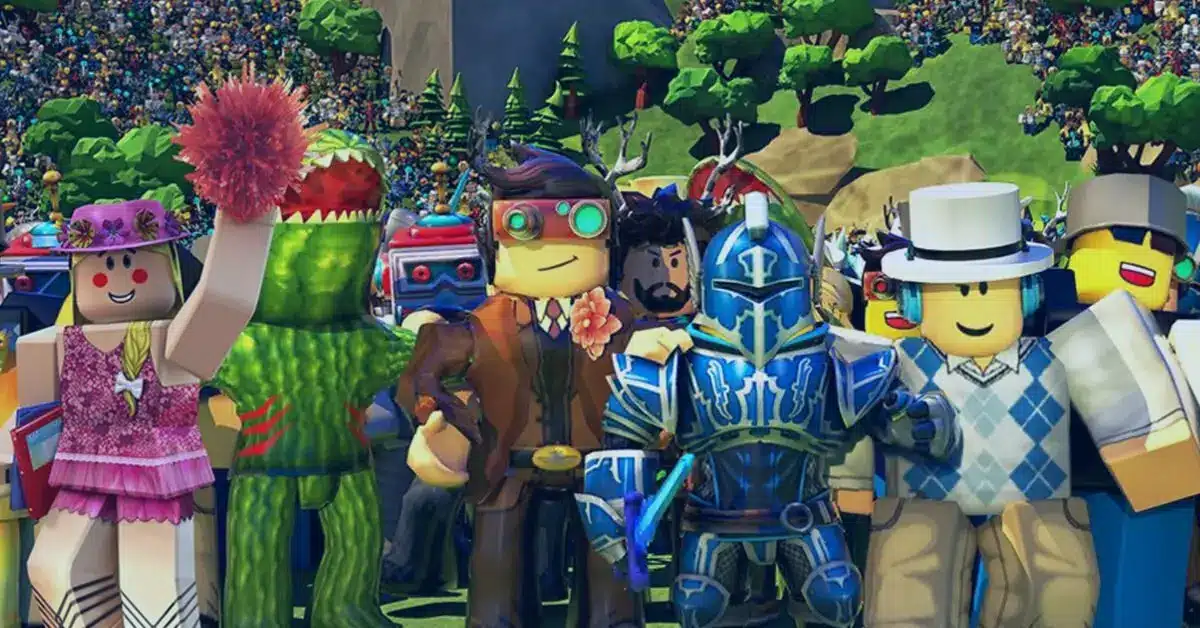
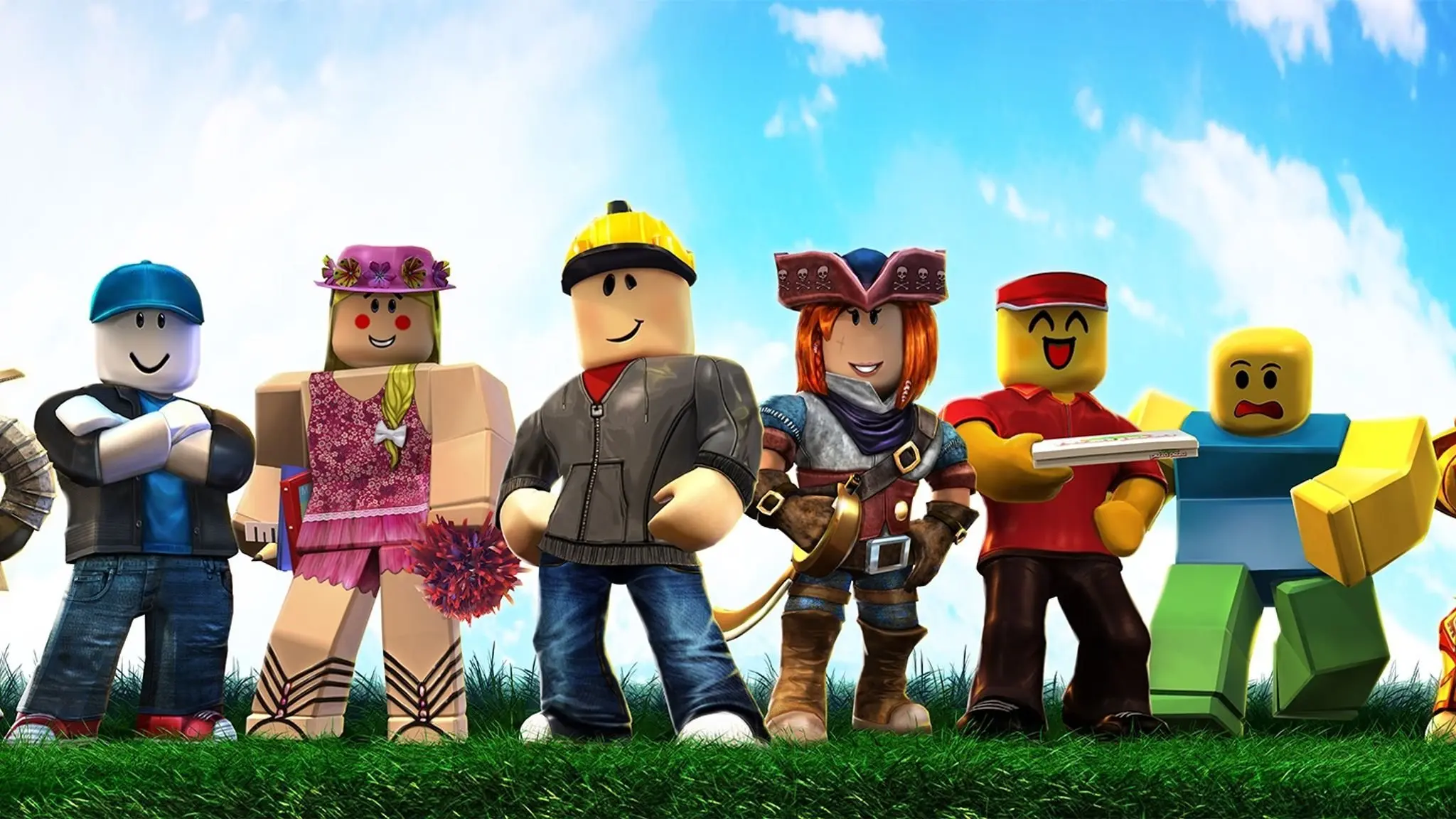
Добавить комментарий